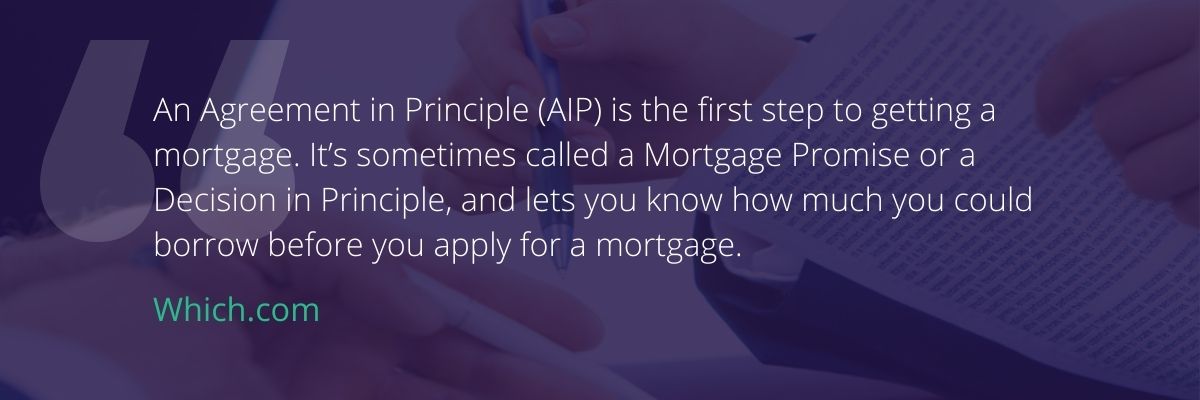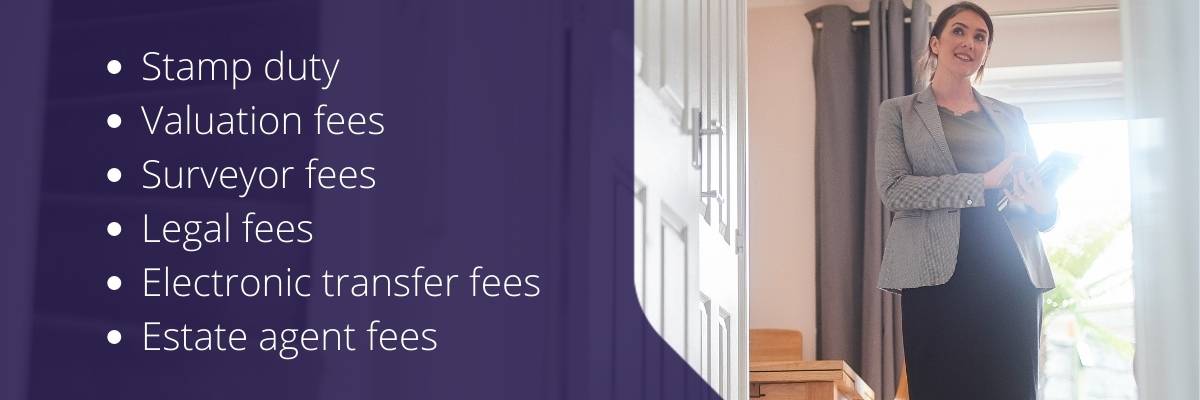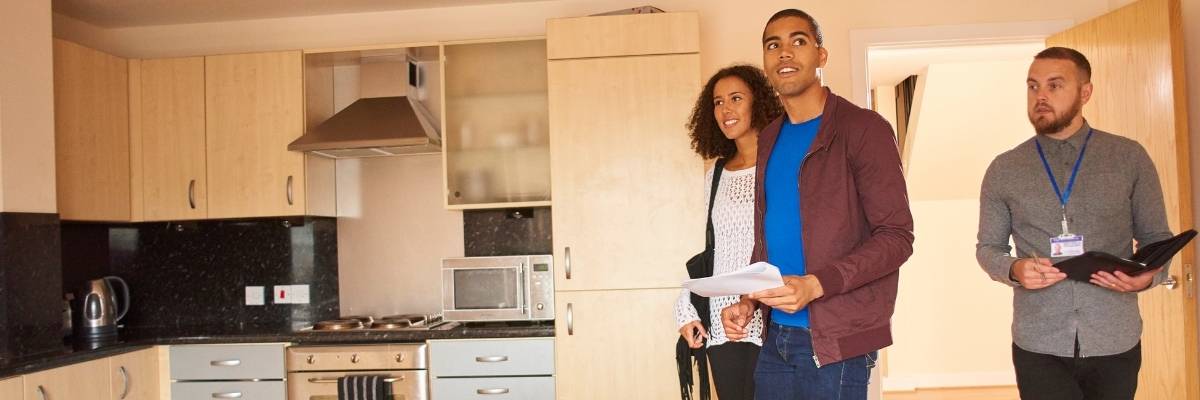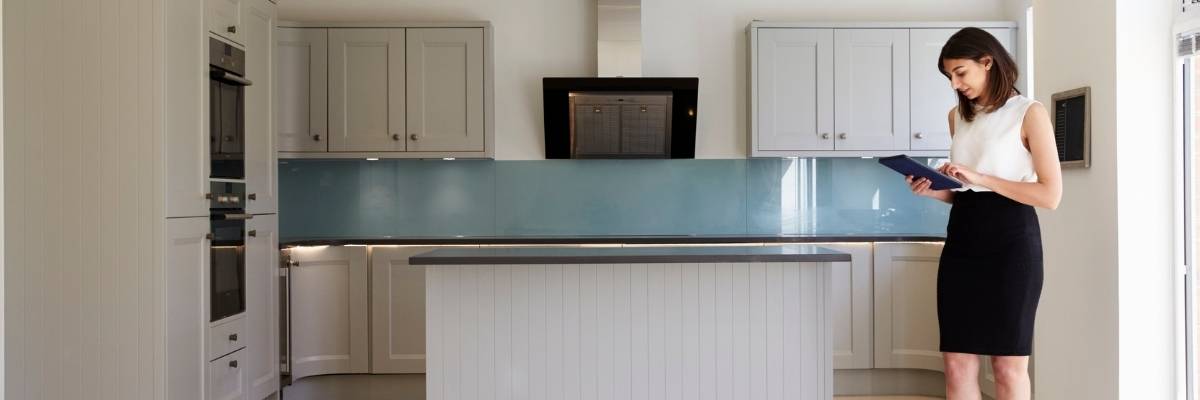
Planning & protection

The journey of purchasing a property is not always easy and hurdles can crop up along the way, so it can feel simultaneously exciting and overwhelming. However, if you are a first-time buyer you do have one advantage when it comes to securing a property.
By not already owning a home, you are not part of a property chain. This is attractive to sellers as it means you are not tied down to the sale of your own home before you can move into your new one.
With this in mind, we have compiled our top ten steps to give first-time buyers an edge when they decide to get on the property ladder.
To get a sense of how much you can afford, you should obtain professional mortgage advice. Most estate agents will also require proof of your budget, so having an ‘Agreement in Principle’ from a mortgage lender will help speed up the process.

You need to consider what you’re willing and able to spend on your new home. After you have saved for your deposit and applied for your mortgage, it is important to stick to your budget. Make sure you set a clear limit and do not view properties above that if you are not willing to haggle with the seller.
If you don’t want to dip into any further savings at the beginning, only view properties that you can afford.
The vast majority of first-time buyers require a mortgage to afford a property purchase. If you arrange your mortgage as early as possible, you’ll be in a stronger position with sellers. And, it’ll relieve a little stress from the home buying process.
Leave it too late to get a mortgage, and you could risk losing your dream property. Having an ‘Agreement in Principle’ ready can help you appeal to sellers looking for a quicker transaction. Not only that, but it will also save you time in the long run.
Make sure you are aware of the extra fees that are involved in the buying process. From stamp duty to solicitors’ fees, conveyancing fees, property searches and surveys, it’s useful to know what extra costs you’ll have to pay so you can plan your budget when you’re thinking of buying your first home.

These are just some of the extras that you need to be aware of. Be sure to include these in your budget calculations at the beginning so you are prepared for the extra expenses.
If you are committed to buying a property, you can instruct a solicitor or conveyancer without having the details. This will put you a step ahead of the rest when you have an offer accepted.
But you should instruct them to start the process as soon as your offer has been accepted on the property you intend to buy. Conveyancing is the process of transferring the legal title of a property from one homeowner to another.
When you find the property that you have been dreaming of, it can be easy to forget yourself. But keep in mind that your reactions may impact you further down the line.
Be positive and interested, but keep in mind that gushing or becoming overexcited will reveal your hand early. This could have a negative impact if you want to negotiate on price later.

This is one of the key points that many buyers do not realise. Estate agents work for sellers. While they accommodate buyers during property viewings, their job is to sell the property at the highest price.
Being aware of this will help you conduct yourself during viewings while the agents are assessing you on behalf of the seller.
The government is committed to its pledge of turning ‘Generation Rent’ into ‘Generation Buy’. There are a number of schemes currently available to help first-time buyers get on the ladder:
Lifetime ISAs; shared ownership schemes; and the new Help to Buy: Equity Loan scheme which was launched on 1 April 2021.

The new Help to Buy: Equity Loan scheme is for first-time buyers and includes regional property price limits to ensure the scheme reaches the people who need it most. The new scheme will run until March 2023. As with the previous scheme, the government will lend homebuyers up to 20% of the cost of a newly built home, and up to 40% in London. You should find out which one is best for you as it could help you with your purchase.
When you are looking for potential properties, one of the best tips is to be aware of the asking price. Remember it is not the same as value but the seller’s want.
Do your research for similar properties in the area to give you an idea of what approximate prices should be. This will prevent you from overpaying in an area where you do not have to.
When you’re buying your first home, it’s all too easy to get seduced by the look and feel of the place and ignore the shabby-chic brickwork or gurgling sounds coming from the boiler.

A valuation is often required by a mortgage lender but building surveys and homebuyer reports can reveal more about the property you are buying. They will prevent any nasty surprises and can even help you negotiate the asking price with the seller.
You’ll need a healthy credit history to give lenders confidence in your ability to repay your mortgage. Often, buyers will overlook their credit score when the mortgage process has started. Lenders will revisit your credit file once completion looms so ensure you keep your credit score stable throughout the process.
Mortgage lenders consider your credit score and earning power, but also your spending habits. Avoid taking out new credit cards or opening any new accounts until the process is over to avoid incurring additional costs.
We’re here to help you open the door to a place of your own and make it easier to find a mortgage that’s right for you. To find out more and talk to us about your requirements, click the link below.
| Match me to an adviser | Subscribe to receive updates |